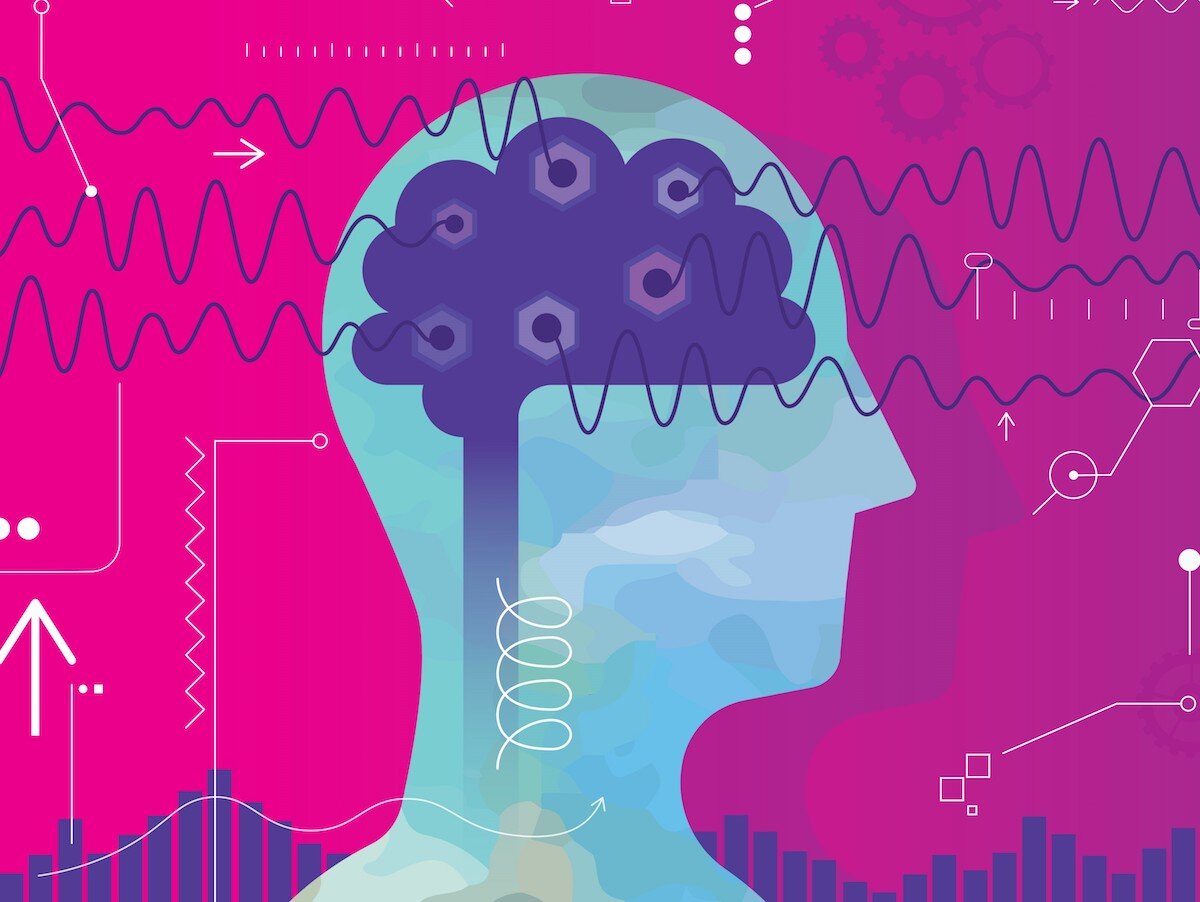Medicinal Cannabis for Epilepsy
How Medicinal Cannabis Can be Used to Help Patients with Epilepsy
Epilepsy is a neurological disorder characterized by seizures that can vary in frequency and intensity. The condition affects millions of people worldwide and can have a significant impact on quality of life. For some people with epilepsy, conventional treatments such as antiepileptic drugs may not be effective in controlling seizures. In recent years, there has been increasing interest in the use of medicinal cannabis as a potential alternative treatment for epilepsy.
Cannabis contains a complex mixture of compounds called cannabinoids, which have been shown to have various therapeutic effects. One of these cannabinoids, cannabidiol (CBD), has been the focus of much research in the field of epilepsy. CBD has been shown to have anticonvulsant properties, which means it can help reduce the frequency and severity of seizures.
In 2018, the U.S. Food and Drug Administration (FDA) approved a medication called Epidiolex for the treatment of two rare forms of epilepsy, Lennox-Gastaut syndrome and Dravet syndrome. Epidiolex is a purified form of CBD that is derived from cannabis plants. Clinical trials of Epidiolex have shown that it can significantly reduce the frequency of seizures in people with these conditions.
Despite the approval of Epidiolex, there are still many questions about the use of medicinal cannabis for epilepsy. One concern is that cannabis contains other cannabinoids, such as tetrahydrocannabinol (THC), which can cause psychoactive effects. THC is responsible for the "high" that people associate with cannabis use. However, the amount of THC in medicinal cannabis products is usually very low, and it is unlikely to cause psychoactive effects.
Another concern is that the long-term effects of using medicinal cannabis for epilepsy are not yet fully understood. More research is needed to determine the safety and effectiveness of cannabis-based treatments for epilepsy. It is important for people with epilepsy to talk to their doctors about the potential benefits and risks of using medicinal cannabis.
In conclusion, medicinal cannabis, particularly CBD, has shown promise as a treatment option for people with epilepsy, especially for those who have not responded to other treatments. The approval of Epidiolex is an important step forward in the development of cannabis-based treatments for epilepsy. However, more research is needed to fully understand the potential benefits and risks of these treatments. If you have epilepsy and are interested in using medicinal cannabis, it is important to talk to your doctor to determine if it is a safe and appropriate treatment option for you.
There are many different health conditions where medicinal cannabis has the potential to be of value. Learn about health conditions that medicinal cannabis can be used in.
References:
1. Devinsky, O., Cross, J. H., Laux, L., Marsh, E., Miller, I., Nabbout, R., … & Wright, S. (2017). Trial of cannabidiol for drug-resistant seizures in the Dravet syndrome. New England Journal of Medicine, 376(21), 2011-2020.
2. Thiele, E. A., Marsh, E. D., French, J. A., Mazurkiewicz-Beldzinska, M., Benbadis, S. R., Joshi, C., … & Gunning, B. (2018). Cannabidiol in patients with seizures associated with Lennox-Gastaut syndrome (GWPCARE4): a randomised, double-blind, placebo-controlled phase 3 trial. The Lancet, 391(10125), 1085-1096.
3. U.S. Food and Drug Administration. (2018). FDA approves first drug comprised of an active ingredient derived from marijuana to treat rare, severe forms of epilepsy. Retrieved from https://www.fda.gov/news-events/press-announcements/fda-approves-first-drug-comprised-active-ingredient-derived-marijuana-treat-rare-severe-forms

